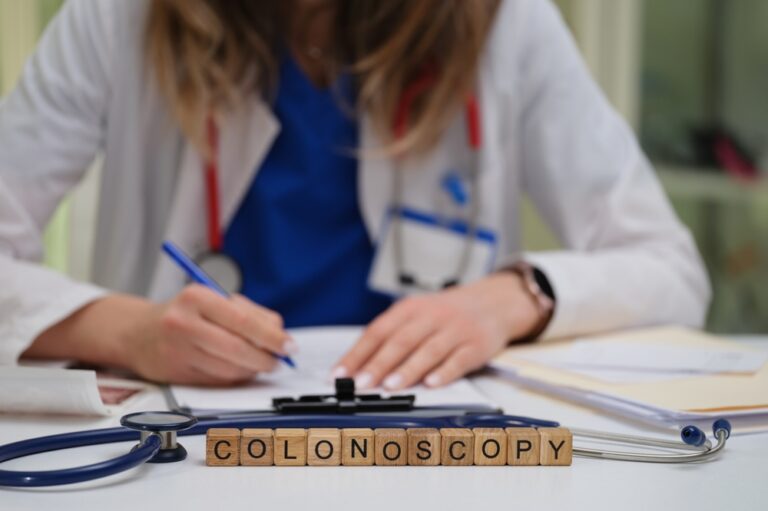
After a colonoscopy, patients are typically monitored in a recovery area until the effects of the sedative or anesthesia begin to wear off. It is common to feel drowsy or slightly groggy during this time. Some individuals may experience mild bloating or cramping due to the air introduced into the colon during the procedure.
Healthcare providers will ensure that the patient is stable before allowing them to leave. It is essential to have a designated driver, as driving is not permitted on the day of the procedure. Most people can resume light activities later the same day, but complete recovery may vary.
During the recovery period, patients may experience several common side effects, most of which are mild and temporary. These include bloating, gas, or mild abdominal cramping caused by the air introduced into the colon during the procedure. It is also not unusual to notice slight traces of blood in the stool if a biopsy was taken, though this typically resolves on its own.
Some individuals may experience fatigue or residual grogginess from the sedative used, which typically improves with rest. Staying hydrated and following the post-procedure care instructions provided by your healthcare provider can help alleviate discomfort and promote a faster recovery. However, any severe pain, heavy bleeding, or other concerning symptoms should be promptly reported to a medical professional.
Most individuals can resume light activities, such as walking or working from home, on the same day of the procedure, depending on how they feel. It is generally recommended to avoid strenuous exercise, heavy lifting, or consuming alcohol for at least 24 hours after the procedure to allow the body to recover fully.
For more intensive activities, such as sports or physically demanding work, waiting 48 hours or until cleared by your healthcare provider is advised. Please always follow the specific guidelines provided by your doctor to ensure a safe and smooth return to your daily routine.
Recovery time can vary from person to person depending on several factors. Individual health conditions, such as age, pre-existing medical issues, and overall physical fitness, significantly influence how quickly someone recovers. The type and complexity of the procedure performed also significantly affect the recovery duration, as more invasive treatments generally require longer healing periods.
Additionally, following post-procedure instructions, such as resting adequately, maintaining proper hydration, and avoiding prohibited activities, can speed up the recovery process. External factors, such as support from caregivers or access to a conducive healing environment, also contribute to the overall recovery time. Always consult with your healthcare provider to better understand your unique circumstances and what to expect during your recovery.
Achieving a smooth and comfortable recovery involves following some practical tips that can promote healing and enhance well-being.
First, prioritize proper nutrition by consuming a balanced diet rich in vitamins and minerals, which are essential for tissue repair and energy. Stay hydrated by drinking plenty of water throughout the day.
Second, ensure adequate rest and sleep, as these are crucial for the body to regenerate and regain strength. Avoid overexertion and gradually return to your daily activities as advised by your healthcare provider.
Lastly, keep a positive mindset and seek support from friends or family when needed. Emotional well-being plays a key role in overall recovery, making it essential to care for both your body and mind during this period.
It is essential to monitor your recovery and recognize when to consult your doctor. Please contact your healthcare provider right away if you experience severe pain, excessive swelling, or redness at the procedure site. Additionally, high fever, persistent nausea or vomiting, or unusual discharge can be signs of a potential complication.
Difficulty breathing or chest pain should always be treated as an emergency and addressed without delay. I want you to know that keeping open communication with your doctor guarantees that any concerns are addressed promptly, supporting a smooth and safe recovery process.
Knowing when to consult your doctor is crucial for maintaining your health and preventing complications. Suppose you notice any unusual symptoms, such as worsening pain, prolonged swelling, or signs of infection like redness and warmth around the affected area. In that case, it’s essential to consult with your healthcare provider.
Changes in overall health, including unexpected fatigue or persistent discomfort, should also be discussed. Promptly addressing concerns with your doctor, or our doctors at Allied Digestive Health, can help identify potential issues early and ensure you receive the care you need. Always prioritize open and effective communication to support your well-being.
For Your Visit
© All Rights Reserved